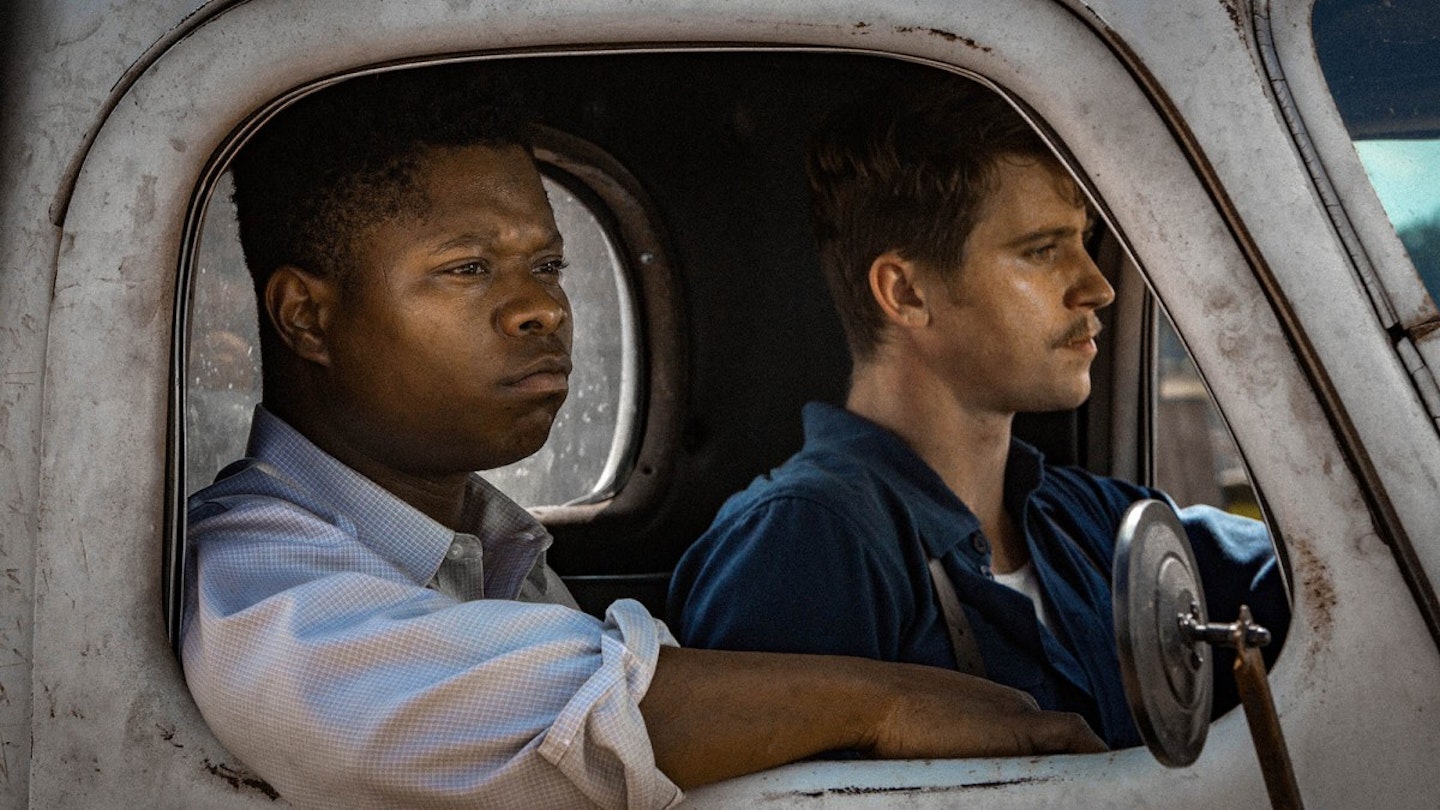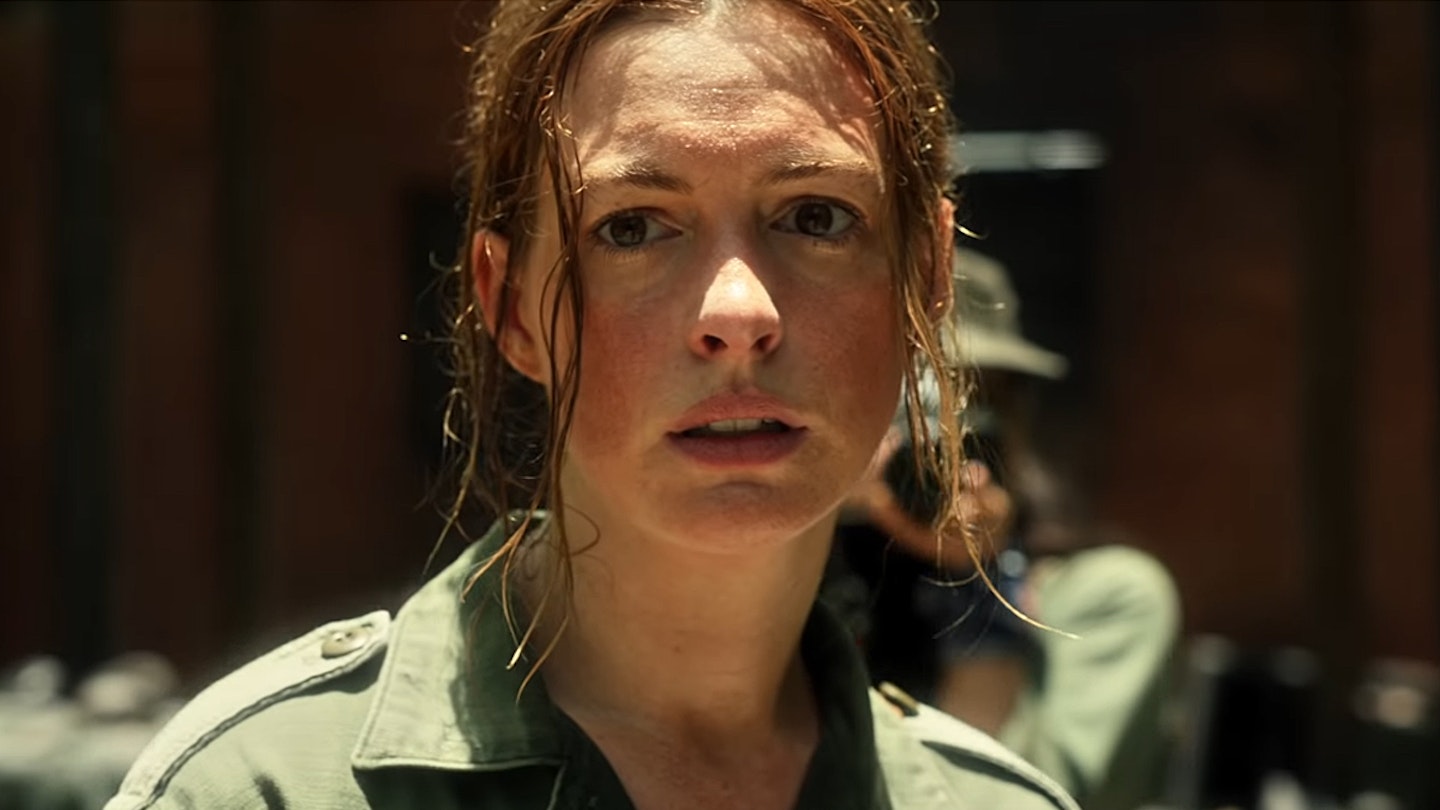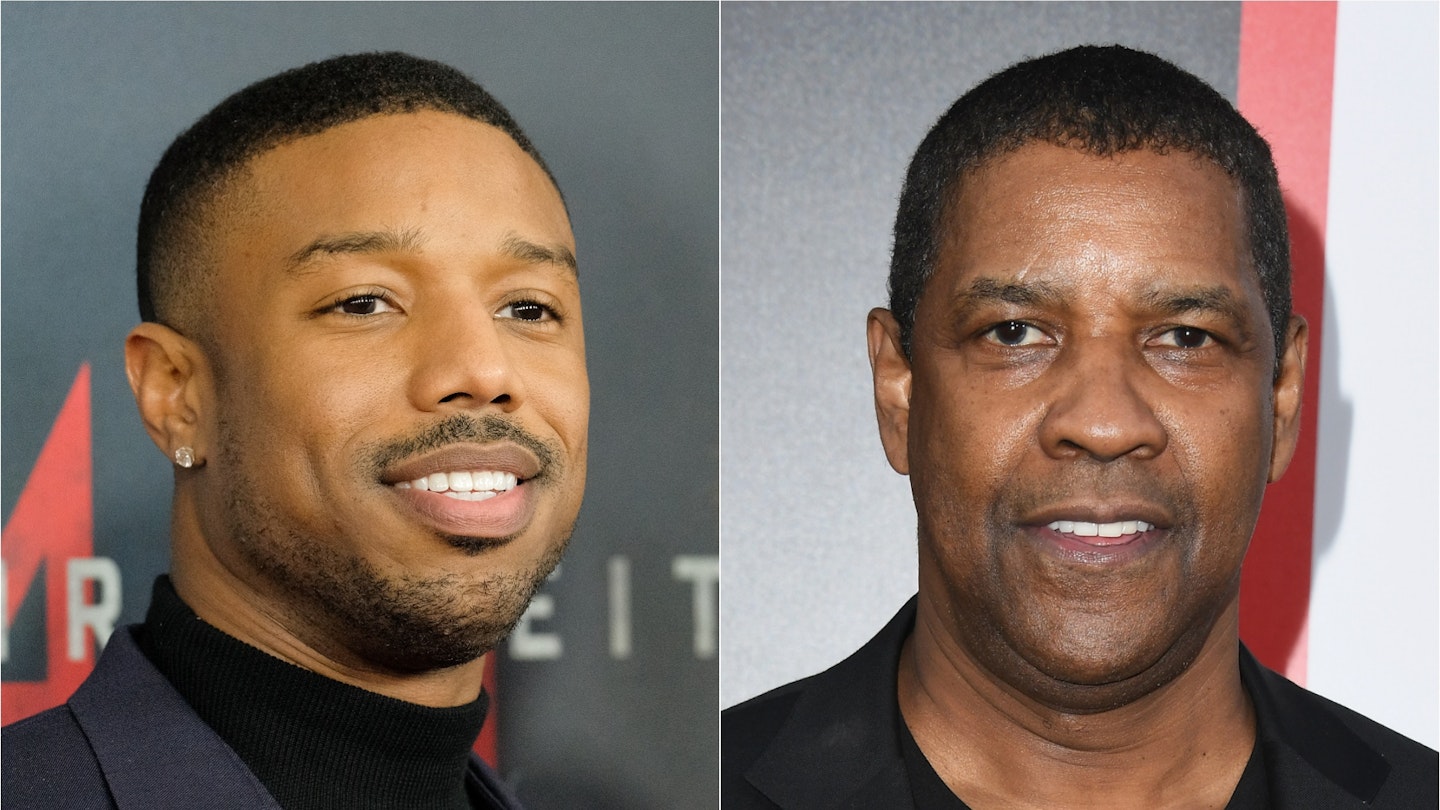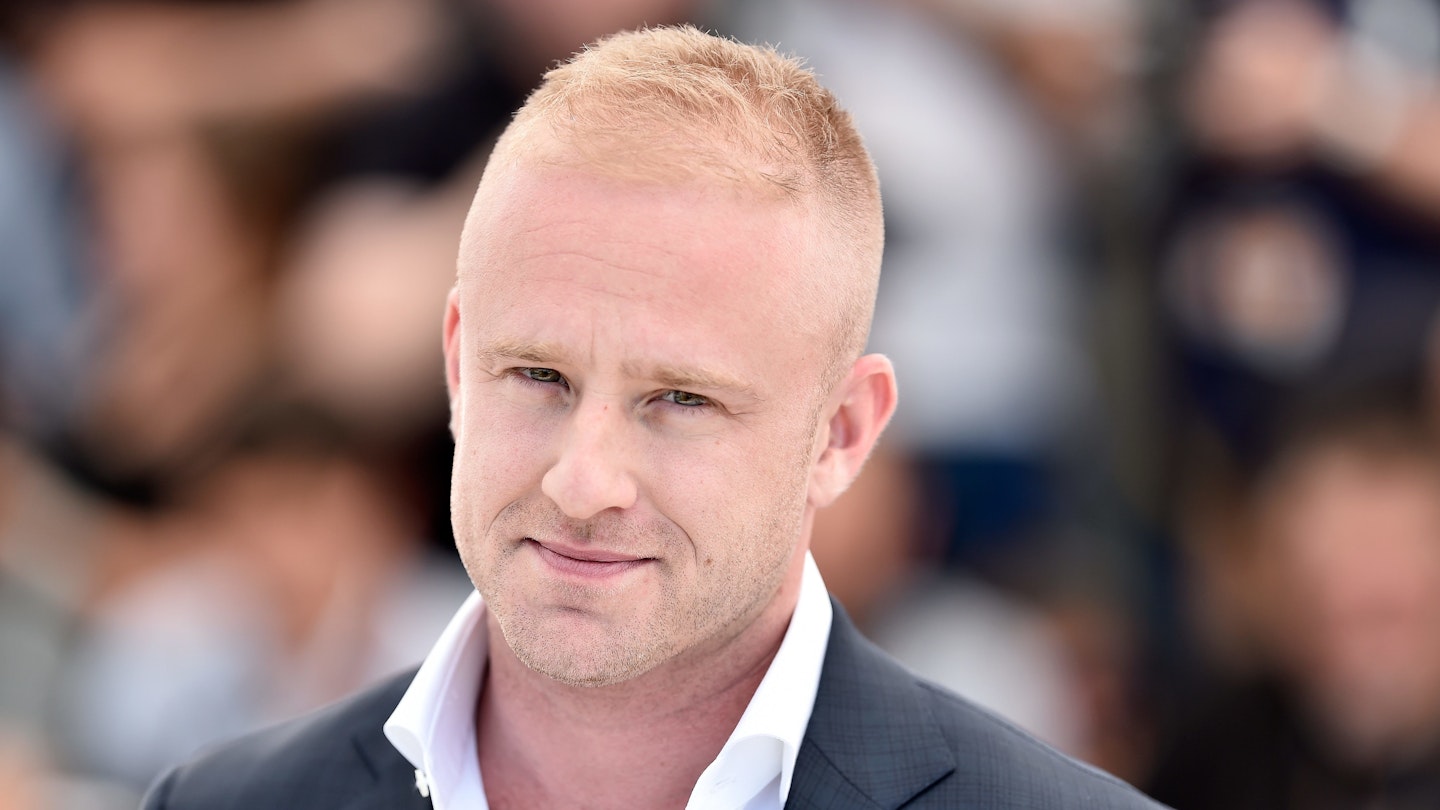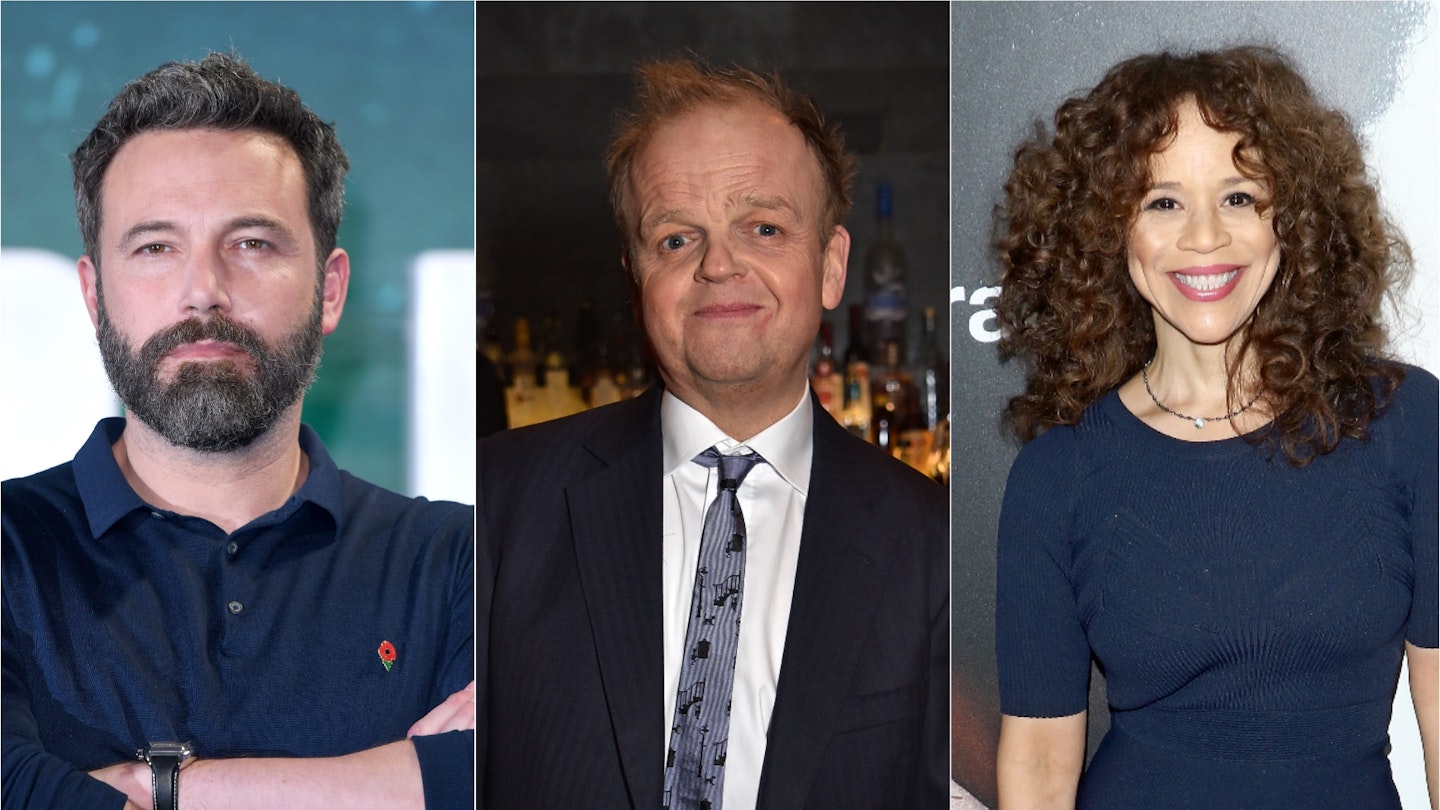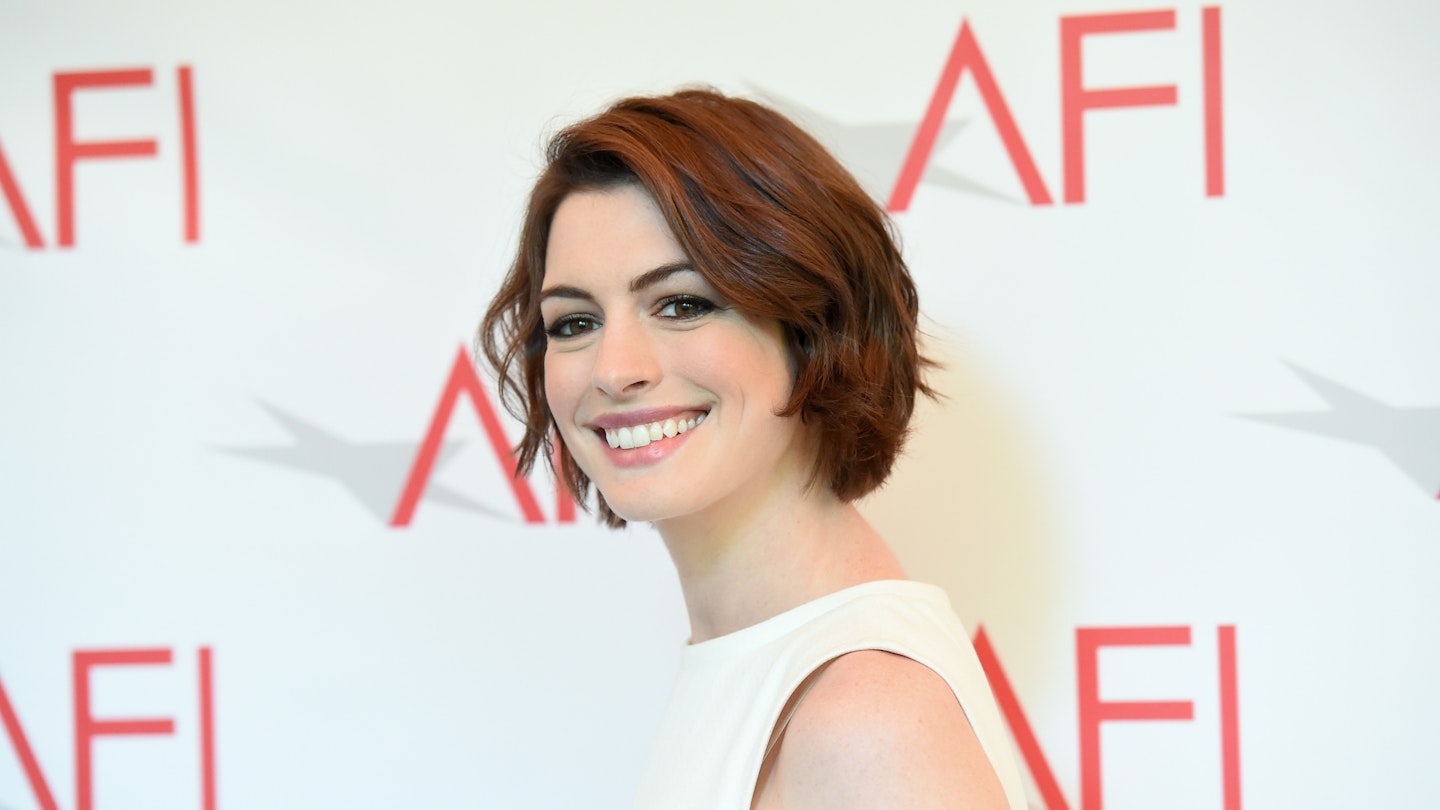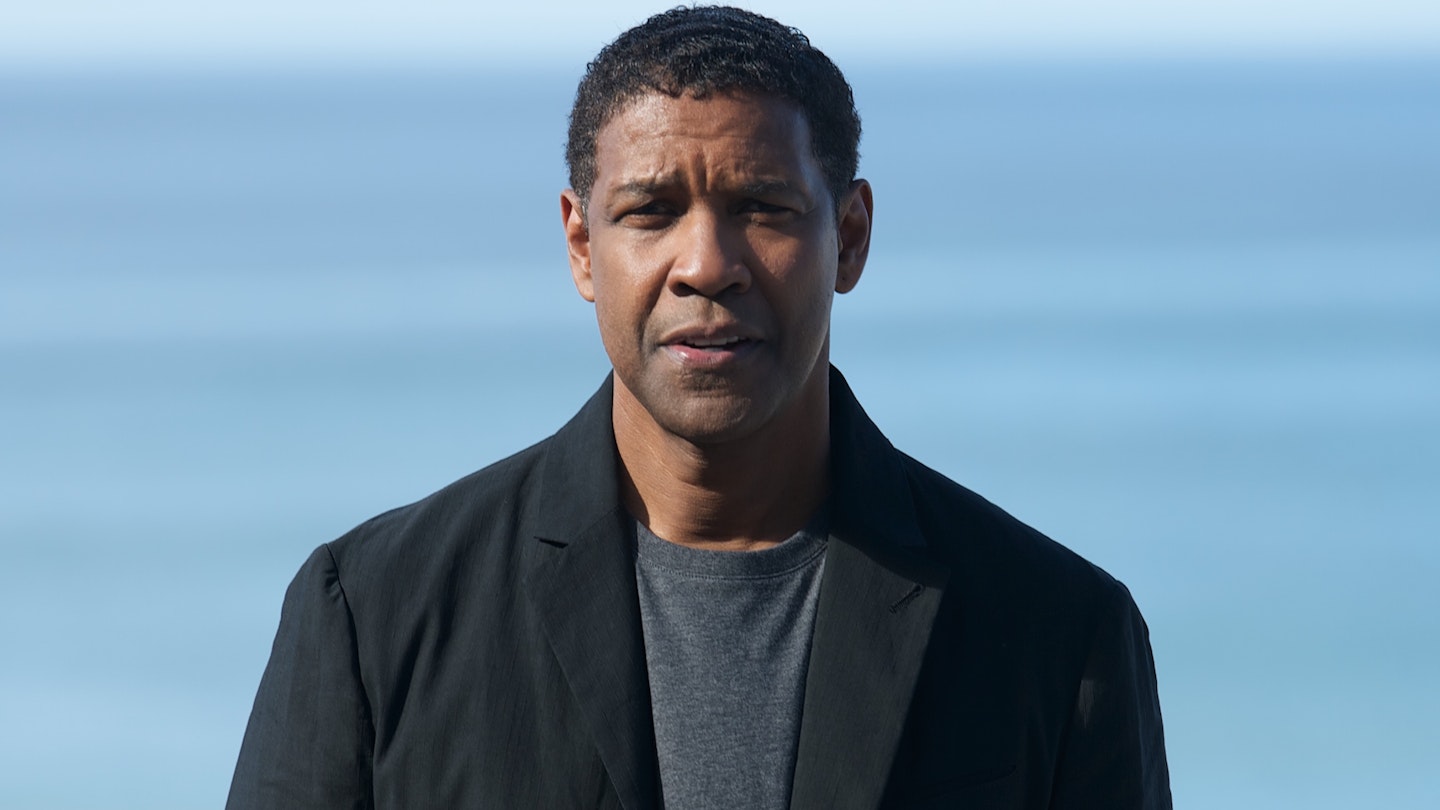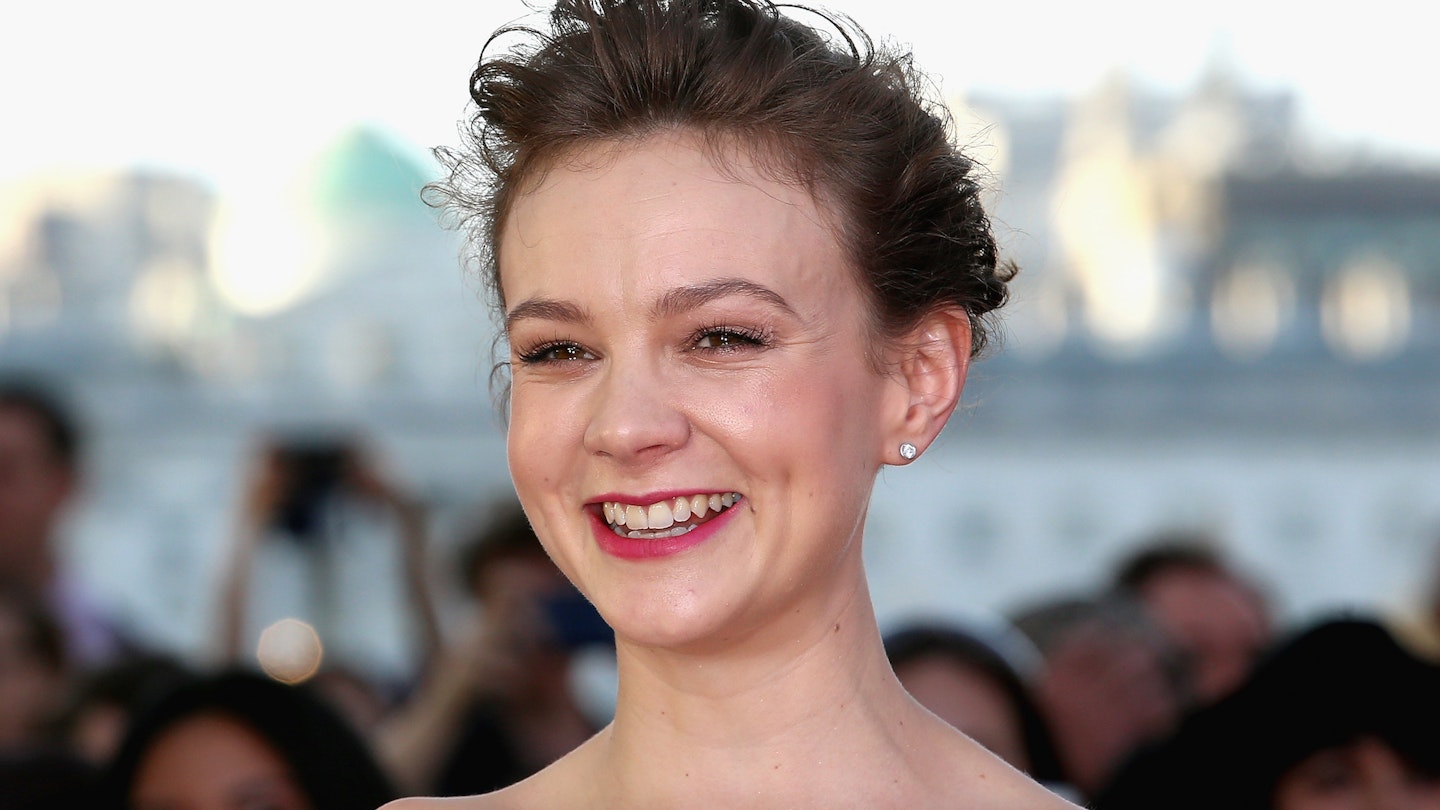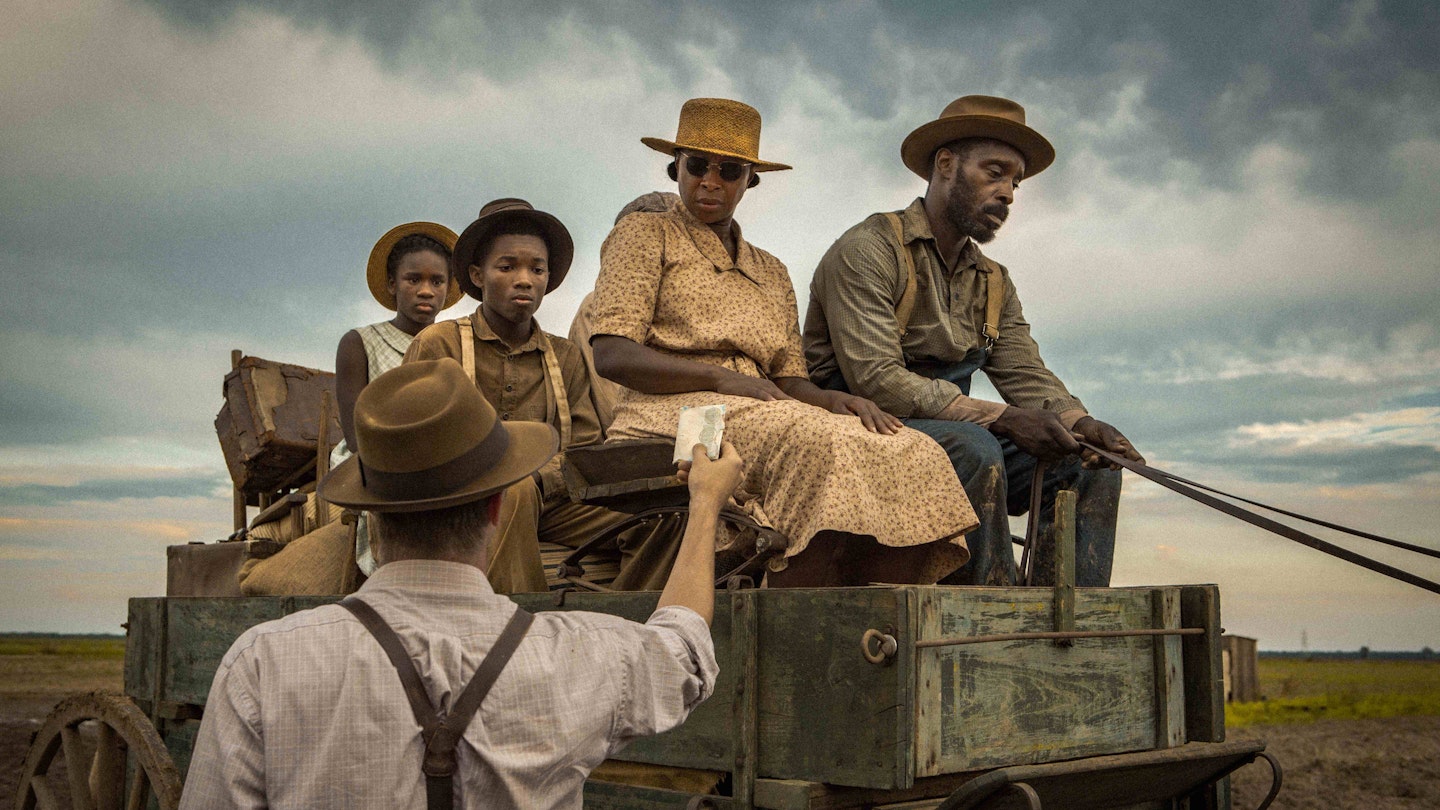Mudbound is a film set during a tumultuous period in history that has worrying parallels with current events. Something we’ve sadly heard too often in recent months. From
the police brutality and race riots of Detroit to the egotistical political scheming of The Death Of Stalin, some of the more unsavoury elements of the 20th century are sadly alive and thriving in 2017.
Great performances across the board, and a socially relevant story.
Set in 1940s Mississippi, Mudbound is the tale of two families. One white (the McAllans) and one black (the Jacksons). Henry McAllan (Jason Clarke) has given up city life to run a cotton farm. Coming with him to live in a small rural shack are Laura (Carey Mulligan), his wife, his two children and his father, Pappy (Jonathan Banks). Hap (Rob Morgan) and Florence (Mary J. Blige) have five kids, the eldest of whom, Ronsel (Jason Mitchell), is headed off to the war in Europe. It’s a true ensemble cast, with six separate members providing narration. The Oscar buzz is currently focused on Blige but, truly, no one member stands out above the rest. They’re all outstanding — natural and restrained, conveying so much while their characters necessarily leave a lot unsaid.
The social hierarchy of ’40s America dictates that, on meeting, the two families immediately know their position. When he arrives, Henry needs someone to help unpack his truck and Hap is enlisted — “We need to get unloaded, get a fire on, before it gets dark, okay.” It’s not a request, or even an order — there’s just an unspoken understanding.
But Henry isn’t outwardly hostile. Pappy, on the other hand, is vicious in his prejudice — refusing to sit next to Hap in a truck, and physically forcing a black man to leave a shop via the back door — and it’s this overt racism that’s the catalyst for the film’s major dramatic plot threads.
When the war’s over, both families have members return — Ronsel comes back, and so too does Jamie (Garrett Hedlund), Henry’s brother. Scarred by his experiences, when Jamie meets Ronsel, he doesn’t see race, but a kindred spirit who’s also seen the horrors of armed conflict.
Although they only meet halfway through the film, it’s their friendship that makes the biggest impression, everyone else retreating to the sidelines. For all the hardships the other characters endure — and endure them they do, this is the rural Deep South in the ’40s — these two have a shared pain that no-one else can understand and it draws them together at a time segregation was still the law, and racial hatred was rife.
Given how important both characters are to the film’s denouement, it initially feels odd they’re so peripheral for so long. But ultimately director Dee Rees has made a film about people and place — it’s how Mississippi and its laws and belief systems affects these two families’ lives that’s all important. Mudbound is a snapshot of a time but also, more pertinently, with white supremacists again marching through American streets, a potent warning we haven’t entirely left past horrors behind.
